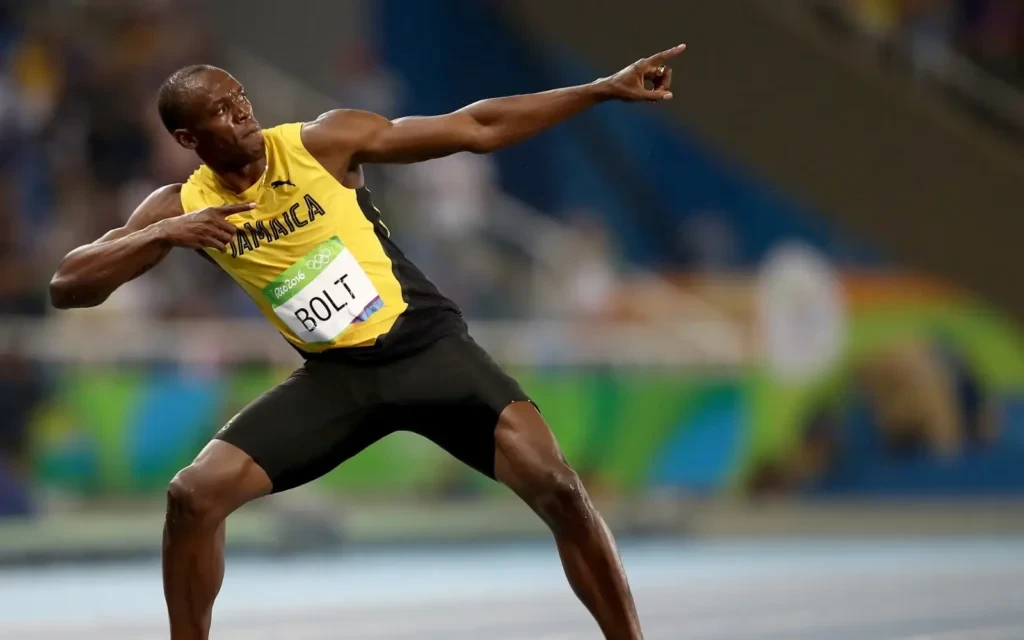Mental Conditioning: The Psychology Behind Athletic Success
Athletic success is not solely determined by physical strength or technical skills; mental conditioning plays an equally important role in achieving peak performance. Athletes often face intense pressure during competitions, requiring them to stay focused, composed, and resilient under stress. Mental conditioning techniques, such as visualization, mindfulness, and goal-setting, empower athletes to build confidence, sharpen focus, and maintain a competitive edge. Visualization, for instance, allows athletes to mentally rehearse their performance, reinforcing neural pathways that improve muscle memory and execution. By envisioning success, athletes reduce anxiety and enhance readiness for real-life scenarios.
Mindfulness practices also contribute to athletic performance by fostering present-moment awareness and emotional regulation. Techniques like meditation and deep breathing help athletes control nerves, reduce distractions, and remain focused during high-pressure situations. This mental clarity translates to better decision-making and reaction times. In addition, developing mental resilience through cognitive-behavioral strategies enables athletes to bounce back from failures, handle criticism, and stay motivated. Building these psychological tools prepares athletes for the unpredictability of competition and helps sustain long-term performance.
Mental Conditioning Techniques and Their Benefits
| Technique | Description | Benefits |
|---|---|---|
| Visualization | Mental rehearsal of specific scenarios and movements | Improves focus, confidence, and performance readiness |
| Mindfulness Meditation | Focuses on breathing and present-moment awareness | Reduces stress, enhances focus, and boosts emotional control |
| Goal-Setting | Establishing clear, achievable objectives | Increases motivation, persistence, and sense of direction |
| Positive Self-Talk | Replacing negative thoughts with affirmations and constructive messages | Boosts confidence and reduces performance anxiety |
| Cognitive Reframing | Changing negative perspectives into growth-focused mindsets | Builds resilience and adaptability |
Key Mental Training Tips for Athletes
- Practice Visualization Daily: Dedicate time to mentally rehearse techniques and strategies.
- Incorporate Mindfulness Exercises: Use meditation or deep breathing before competitions.
- Set SMART Goals: Focus on Specific, Measurable, Achievable, Relevant, and Time-bound objectives.
- Develop Positive Self-Talk Habits: Replace doubts with affirmations to maintain confidence.
- Track Mental Progress: Keep a journal to monitor thoughts, emotions, and responses to training.
- Simulate Pressure Situations: Train in high-intensity scenarios to build resilience under stress.
- Seek Mental Coaching: Work with sports psychologists to refine mental conditioning techniques.
- Rest and Recover Mentally: Prioritize downtime to avoid burnout and maintain focus.
Building Mental Toughness for Sustained Success
Mental toughness is the foundation of sustained athletic success. Athletes often face setbacks, whether in the form of injuries, losses, or poor performance. Resilience training helps them overcome these challenges by focusing on adaptability and problem-solving. Techniques such as cognitive-behavioral therapy (CBT) equip athletes with tools to manage self-doubt and reframe failures as opportunities for growth. Incorporating these practices into training routines fosters grit and determination, ensuring athletes remain committed to their goals even when obstacles arise.
Moreover, mental conditioning promotes consistency by aligning thoughts and emotions with performance objectives. Athletes who regularly practice mental exercises are better equipped to manage nerves before competitions, maintain concentration during events, and recover quickly afterward. As the psychological aspect of sports continues to gain recognition, more teams and individual athletes are investing in mental conditioning programs to complement physical training.




